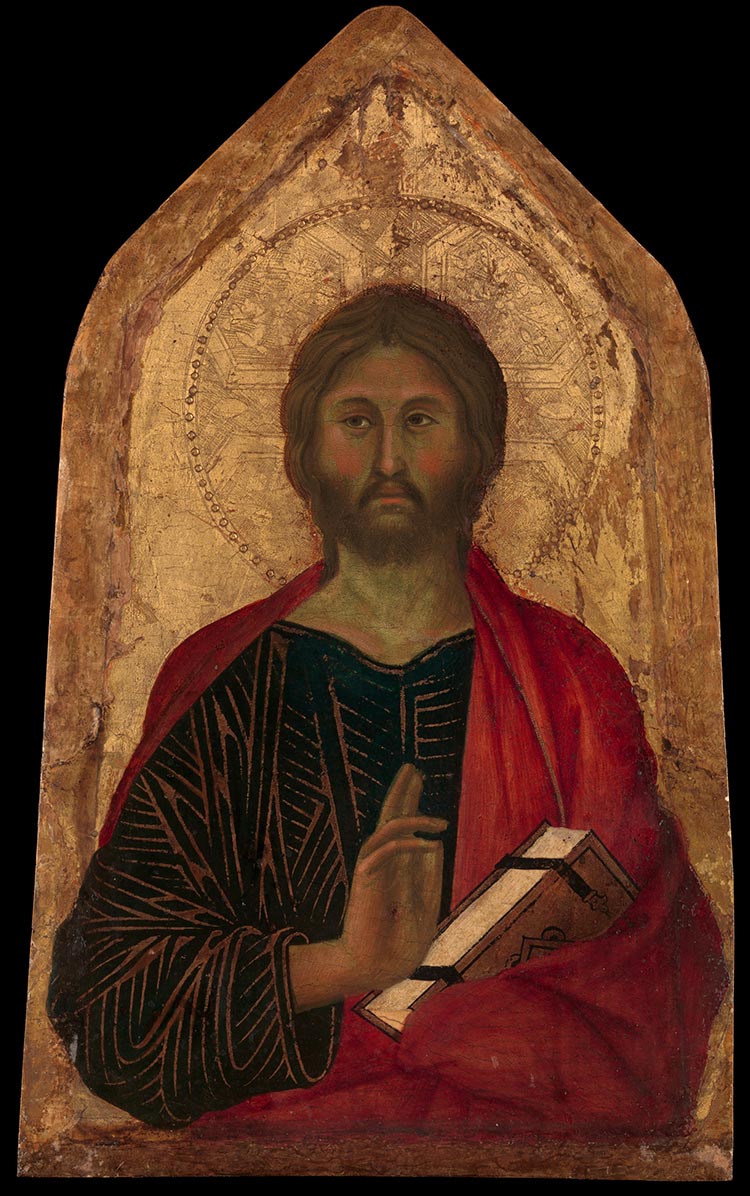This series outlines the purpose, structure, curricular content, and communal origins of a Catholic classical education, for the sake of establishing a School dedicated to such an education in the Diocese of Wichita (Kansas). It discusses both the general principles of Catholic classical education as well as some particular points regarding that School. We begin by explaining the purpose and educational vision of the School, then consider the reasons for the order and structure of its curriculum, before discussing each class in the curriculum. Lastly, we describe the community required to achieve the goals of Catholic classical education.
Catholic classical education requires certain foundational preparations. These are piety and a musical education in a broad sense, meaning education in harmony and order of both body and soul. This foundational preparation was recognized even in ancient and pre-Christian cultures, which indicates some natural basis that grace presupposes and can elevate. First we discuss piety, and second musical education in the broad sense being used here. Piety rightly orders our intellect and will to common goods such as the family, society, and communion with God. In a musical education, gymnastic trains the body, while other formative activities dispose the soul towards what is good and beautiful.
Piety is the virtue by which one renders what is owed to one’s causes or origins, those responsible for one’s existence, birth, and education.[1] Consequently, forming students in piety teaches them who they are in light of their causes, what they owe these causes, and how to honor them—God and the Church, parents, family, and civil society. Through this formation, students learn to look outside themselves and to see themselves as part of a greater whole. Piety also disposes them to a proper love of Catholic tradition, to both receive it and pass it on. In this way, piety prepares for all subsequent education. If fear of God is the beginning of wisdom (Prov. 9:10), piety aims at completing that good beginning.[2]
Due to our fallen nature, man is not naturally able to see the goodness and beauty in all of creation. Our loves and emotions are not congruous with the good reality that God has made.[3] These capacities must be cultivated and ordered rightly. Musical education in the broad sense meant here is not learning to sing or play instruments, but the cultivation of the capacity to love the good and be moved by the beautiful in reality. These are the sources of order and harmony that instrumental music seeks to imitate.[4] Thus, musical education develops moral virtue by cultivating right loves and desires.
Musical education in this broad sense aims to “introduce the young to reality through delight.”[5] This was the role of the Greek Muses in the ancient conception of becoming educated. This “Musical” education seeks to draw the beginner with the wonder and mystery of reality that only beginners are apt to experience as something new. Thus, the “muses” of such an education
address the beginner not only in their presentation of elementary things, but also in their mode of representation. They do not address the intellect primarily; they do not descant in dialectic. They are not rhetoricians who aim to persuade. They do not pretend to “prove” anything.[6]
[1] See St. Thomas, ST, IIa-IIae, q. 101, a. 3.
[2] St. Thomas, ST, Ia-IIae, q. 68, a. 7; IIa-IIae, q. 19, a. 7.
[3] This is expressed well by C. S. Lewis in The Abolition of Man.
[4] Our contemporary use of the term “music” is very restricted. Boethius distinguishes between musica instrumentalis, musica mundana, and musica humana, or the music and harmony produced instrumentally by skill (which is closer to what we typically mean by “music”), the music of the world (the harmonies and order in natural things), and human music in the order and proportion in the human person and human societies. See Kevin Clark and Ravi Scott Jain, The Liberal Arts Tradition: A Philosophy of Classical Christian Education, 2nd ed. (Camp Hill, PA: Classical Academic Press, 2020), 88–99. While the liberal art of music incorporates aspects of all three senses of “music,” the sense of “musical education” here is broader still.
[5] Dennis Quinn, “Education by the Muses,” available at http://www.angelicum.net.
[6] Dennis Quinn, “The Muses as Pedagogues of the Liberal Arts,” available at http://www.angelicum.net.

[…] See this footnote in a previous […]
LikeLike